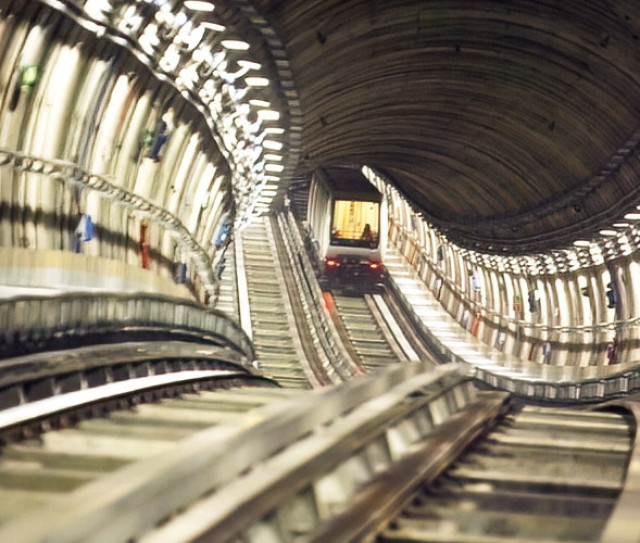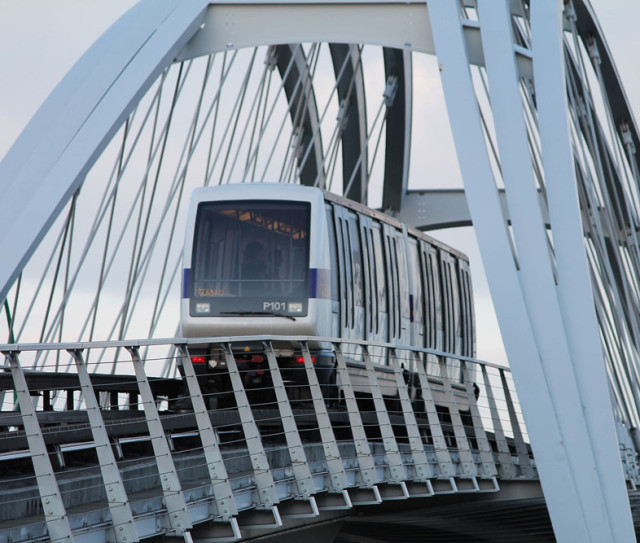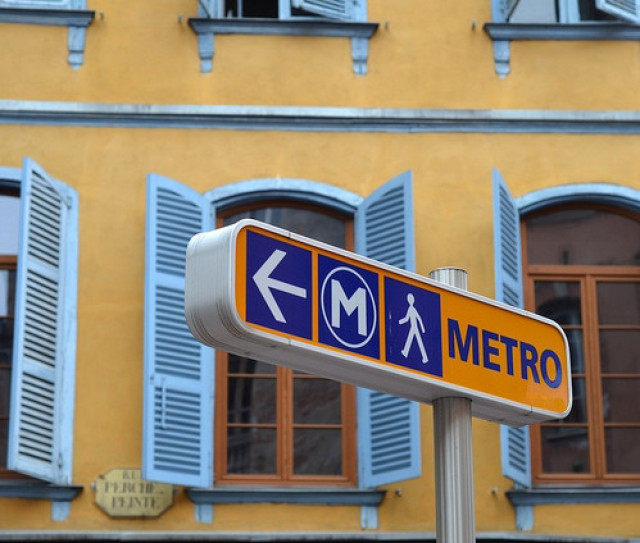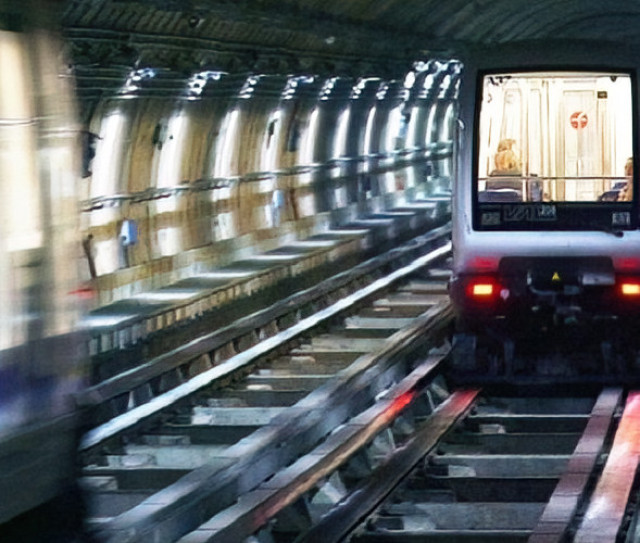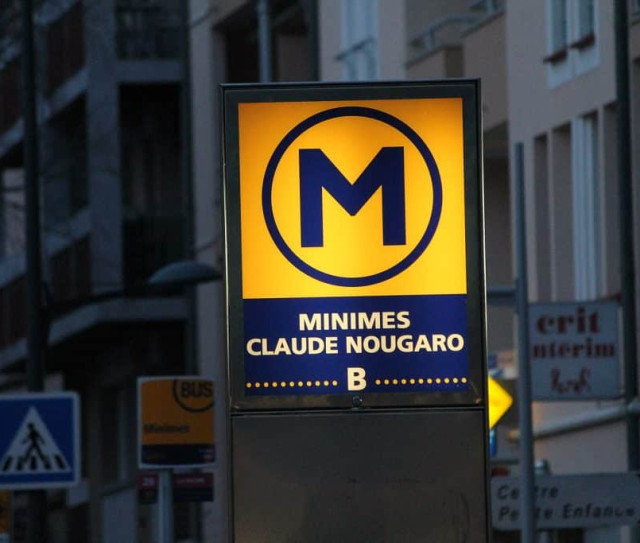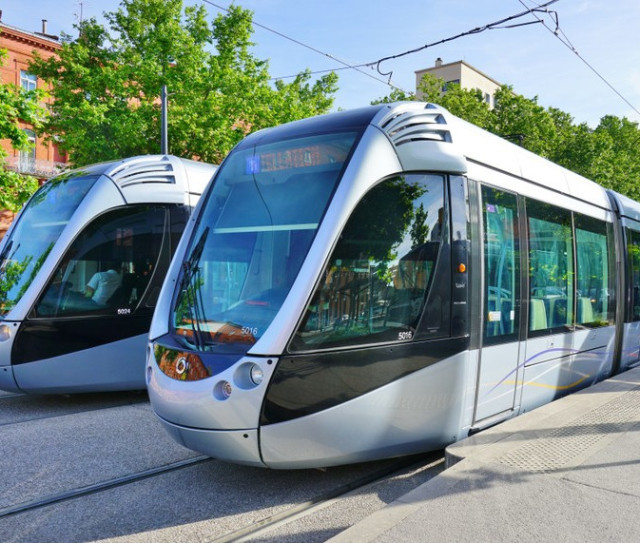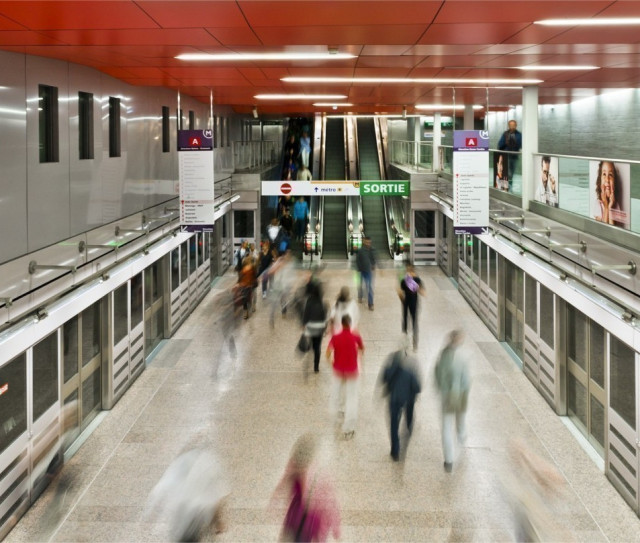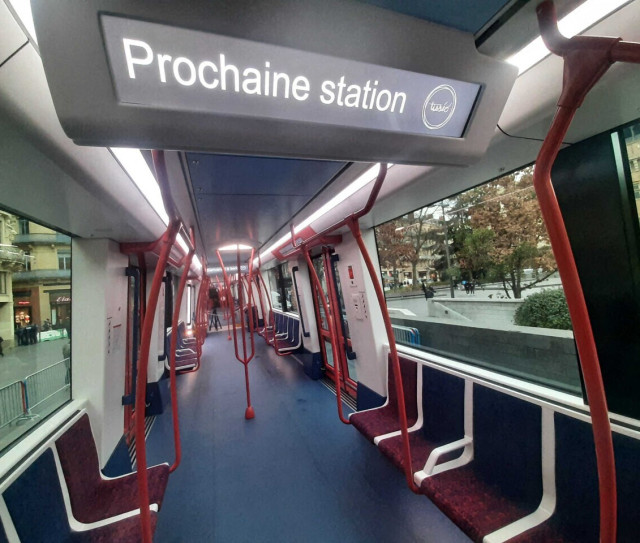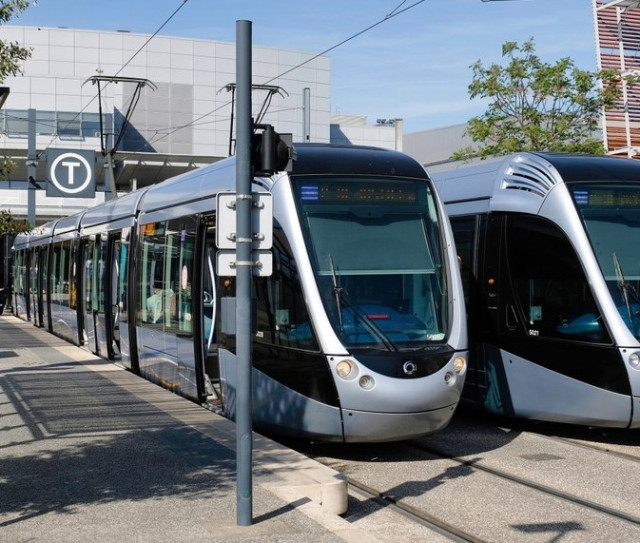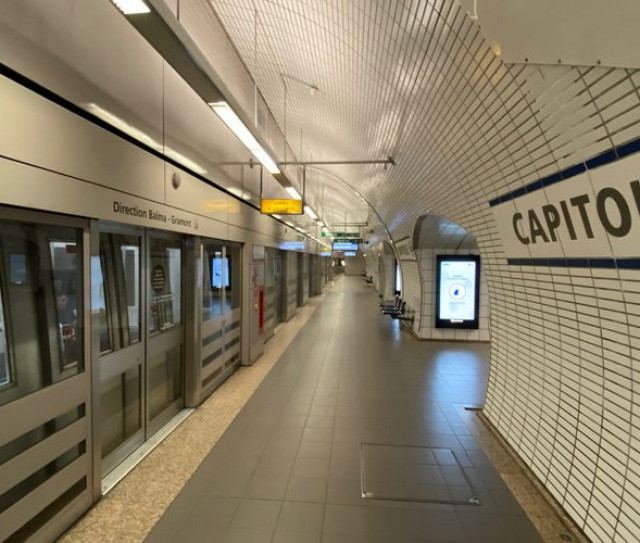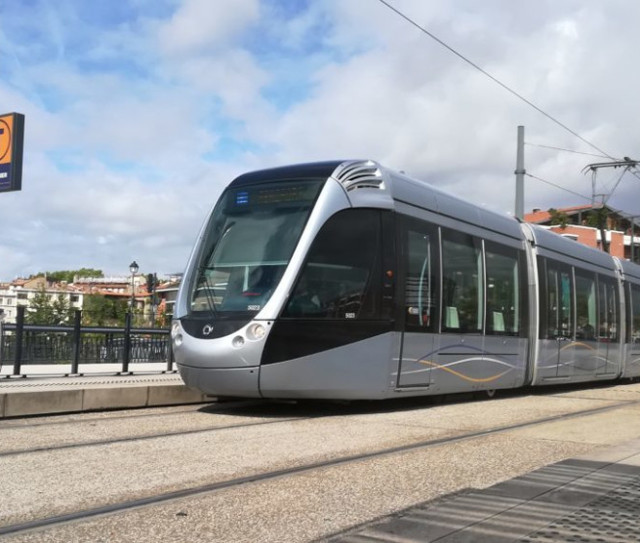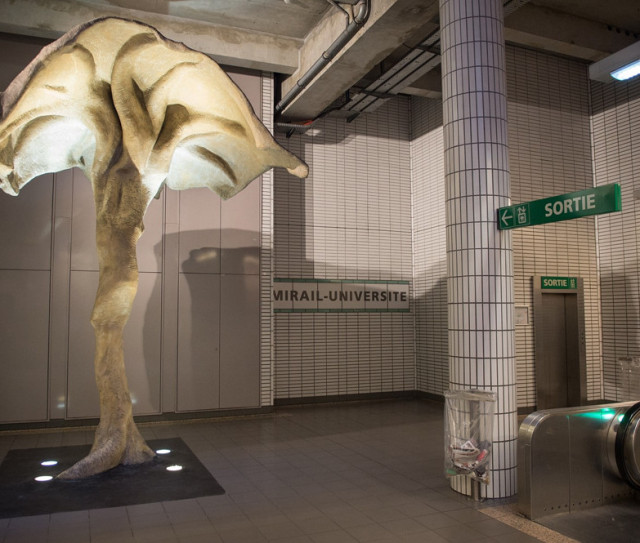Info
The Toulouse Metro, an integral component of the Toulouse rapid transit network, was envisioned by the City Council in 1983, followed by the commencement of the inaugural line's construction in 1989. The Toulouse Metro commenced operations on June 26, 1993, and has been overseen by the state-owned Tisséo Réseau Urbain since 2003.
Boasting a robust daily ridership of over 300,000 passengers, the Toulouse metro operates two fully automated lines utilizing the advanced VAL (Véhicule automatique léger) system, enabling driverless train operations on dedicated tracks.
Covering a span of 12.5 km, the red line A encompasses 18 strategically positioned stations, facilitating seamless cross-city connectivity from the northeast to the southwest, traversing beneath the bustling heart of Toulouse. This comprehensive journey along line A takes just 22 minutes to traverse in its entirety. Notably, the Jean-Jaurès station offers convenient transfer options to line B. Extending longitudinally for 15 km, the yellow line B runs parallel to the Garonne river, featuring 20 stations and a 28-minute total travel time between its terminal stations.
Charting a northwest course along the Garonne river, tram line T1 (identified by the color blue) originates at the Arènes metro station (line A), subsequently traversing the suburban expanse of Blagnac. The T2 tram's blue route closely mirrors the T1 line for much of its journey, before veering northwest to reach the Aéroport de Toulouse - Blagnac airport.
Prioritizing passenger safety and comfort, each Toulouse metro station is outfitted with efficient platform sliding doors. A distinctive hallmark of the Toulouse metro experience is the unique logo adorning each station, showcasing captivating icons such as a crown, a fountain, a rose, a snake, a bull, or even a squirrel.
Lines
The Toulouse Metro, known as the Métro de Toulouse, forms an integral component of the Toulouse rapid transit system. This comprehensive transportation network encompasses not only two metro lines but also two tram lines, collectively contributing to Toulouse's efficient mobility infrastructure. Termed as Tisséo, the city's public transport network also encompasses an extensive web of bus routes and RER trains that traverse the urban landscape.
Metro Toulouse, characterized by its two automated underground lines, A (red) and B (yellow), spans an impressive length of 28.2 km and boasts a network of 38 stations. Alongside this, Toulouse features two tram lines, T1 and T2, spanning 17 km, catering to both the city center and suburban areas, including the pivotal Toulouse airport, Aéroport de Toulouse - Blagnac.
The operational schedule of the Toulouse metro is designed to accommodate diverse commuting needs. Services commence from 5:15 am and extend till midnight, from Sunday through Wednesday. On Thursday, Friday, and Saturday, the metro offers extended operational hours, operating until 3:00 am. This extended schedule enhances accessibility and convenience for both residents and visitors alike.
Fare
Tickets for the Toulouse metro are also valid on the entire Tisséo public transport network, except for the dedicated airport shuttle. The cost of a one-time metro ticket is 1.80 €. The ticket is valid for 1 hour (1.5 hours for a shuttle to the airport) from the time of validation and allows you to make up to 4 transfers to other types of public transport. Tickets are also offered for 10 trips at a price of 14.80 €, for 1 day - 6.60 €, for 3 days - 13.30 €. A shuttle ticket to Toulouse Airport Toulouse - Blagnac costs 9.00 €.
Ticketing
Tickets can be purchased from vending machines located at all Toulouse metro stations and tram stops, from bus drivers when boarding, at Tisséo sales points. All tickets must be validated when entering the metro station, in trams and buses when boarding. The ticket must be kept until the end of the trip.
 English
English Deutsch
Deutsch Français
Français Italiano
Italiano Español
Español Português
Português Русский
Русский Українська
Українська Polski
Polski Čeština
Čeština Ελληνικά
Ελληνικά Türkçe
Türkçe Tiếng Việt
Tiếng Việt ไทย
ไทย 日本語
日本語 中文
中文 한국어
한국어